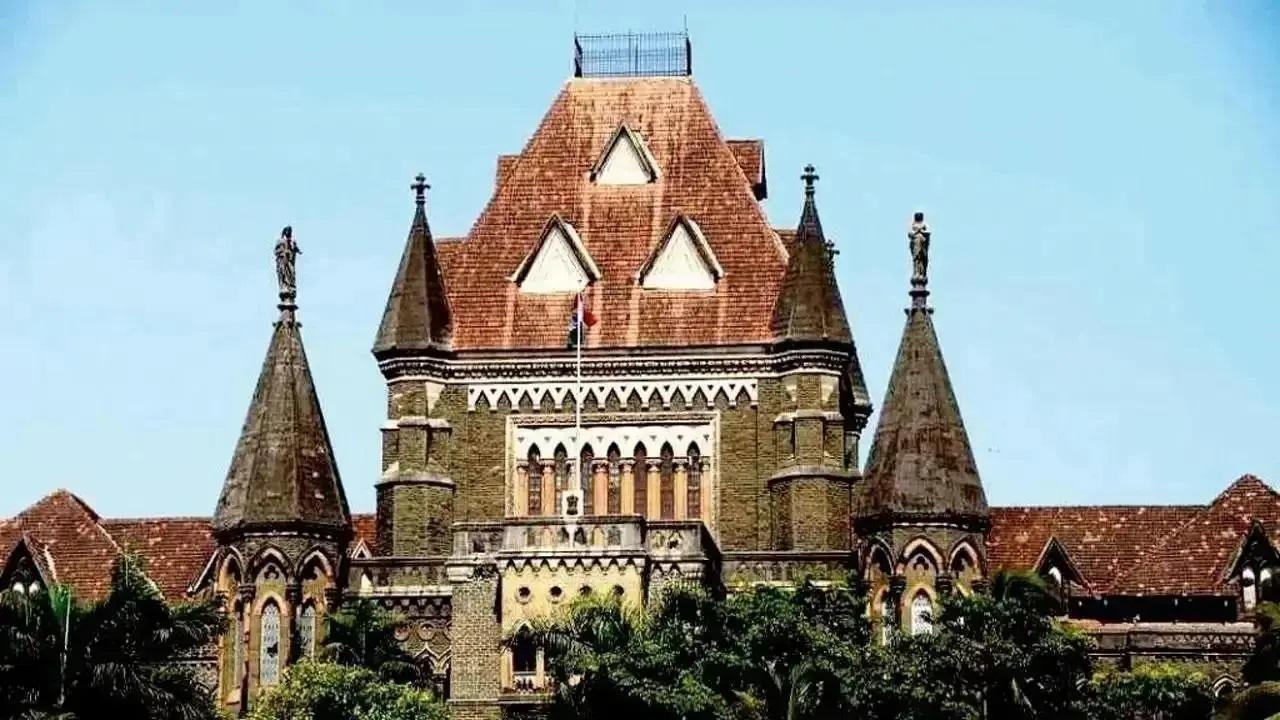Home / Mumbai / Mumbai News / Article /
Bombay HC permits visually impaired student to study physiotherapy
Updated On: 28 June, 2023 02:33 PM IST | Mumbai | PTI
A division bench of Justices Gautam Patel and Neela Gokhale came down heavily on the Maharashtra State Occupational Therapy and Physiotherapy Council

Bombay High Court. File Pic
The Bombay High Court has allowed a visually impaired student to pursue physiotherapy course, saying "our collective endeavour" as a society and of the state government has been to find ways to help those most in need of assistance.
A division bench of Justices Gautam Patel and Neela Gokhale came down heavily on the Maharashtra State Occupational Therapy and Physiotherapy Council, which deals with the physiotherapy curriculum, for its stand that no visual impairment up to any extent can be permitted for students who wish to pursue physiotherapy course.



